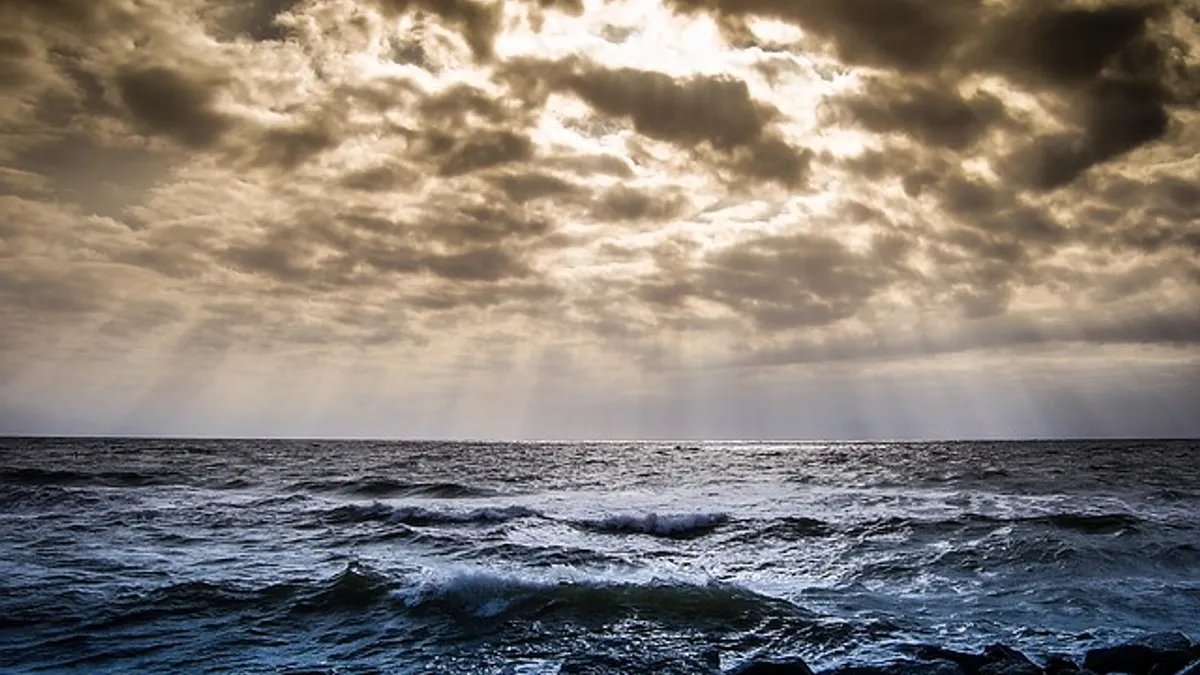Dive Brief:
- Toronto Hydro has unveiled what it says is the world's first underwater energy storage, developing the compressed air system with Hydrostor about two miles off Toronto Island in Lake Ontario, CTV News reports.
- The utility is testing the system in a two-year pilot, and said it expects the storage will improve power quality and resiliency for island residents.
- At its peak, the 660 kW system's output is capable of powering approximately 330 homes. Depending on how much power is drawn, the system can currently run for a little over an hour.
Dive Insight:
The small system is the only one like it in the world, according to Toronto Hydro, and while it is a fairly small amount of storage the utility expects to expand it in the future.
"We're very excited to see this new technology in action. Toronto Hydro has been very busy exploring new ways to power our grid, and I think this is the most creative project we've been involved in so far," said CEO Anthony Haines in a statement announcing the project.
Hydrostor CEO Curtis Van Walleghem said that the compressed air system costs half as much as similarly-sized lithium battery system, while holding power much longer, according to the Globe and Mail.
The Hydrostor system will use compressed air and water pressure to run, and produces zero emissions. Toronto Hydro explained that the technology works by running electricity through a compressor and converting it into compressed air, which is then sent underwater where it is stored in 6 large balloon-like structures.
When electricity is needed, the weight of the water pushes the air to the surface through a large pipe and an expander converts the air back into electricity.
Hydrostor's Van Walleghem said the project "marks an important milestone for our company and we're thrilled to have the world's first underwater compressed air energy storage system in service. We're now focused on commercializing this technology globally to bring our green energy storage solution to countries around the world."
The utility on the Caribbean island of Aruba has also signed a tentative contract with Hydrostor for a similar underwater storage system, The Globe and Mail reports.














